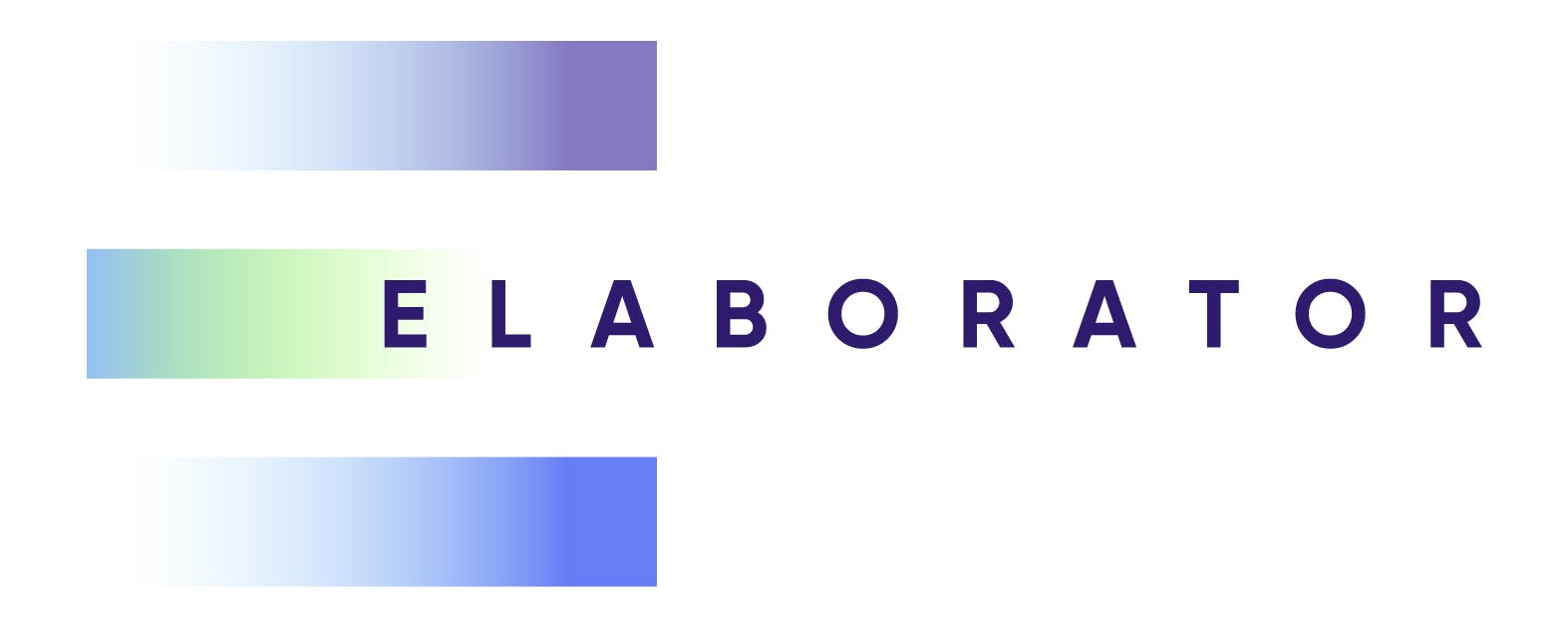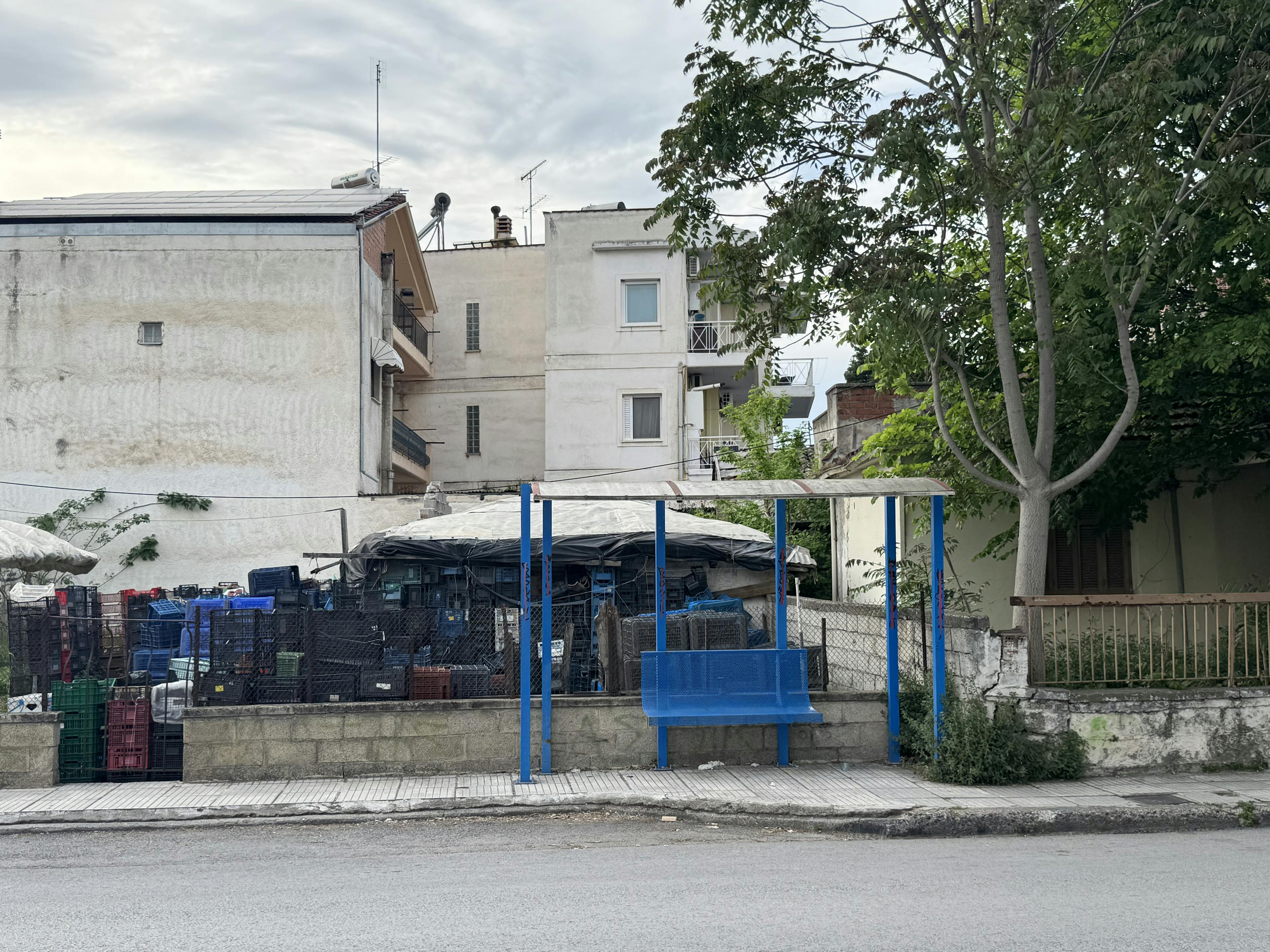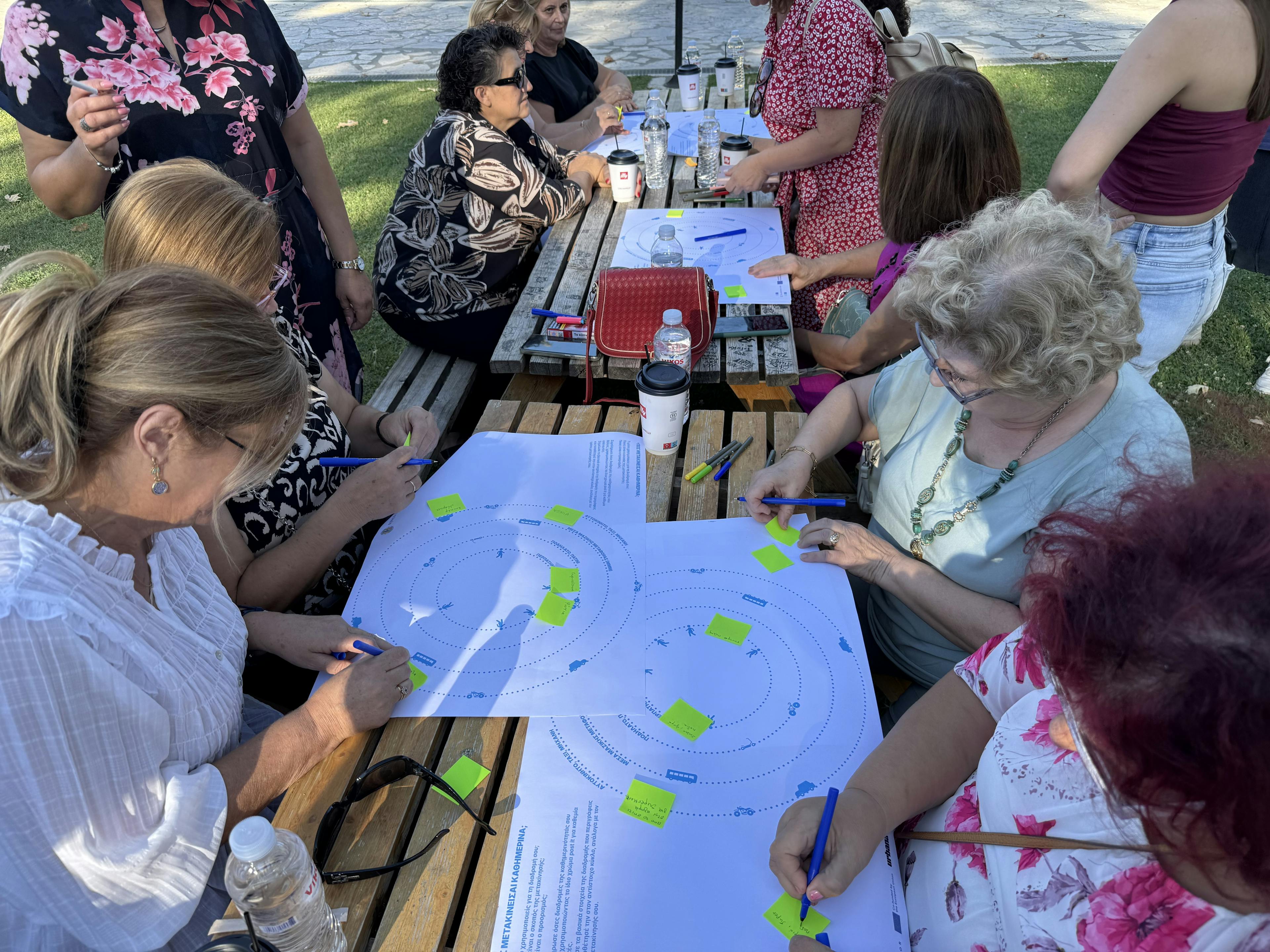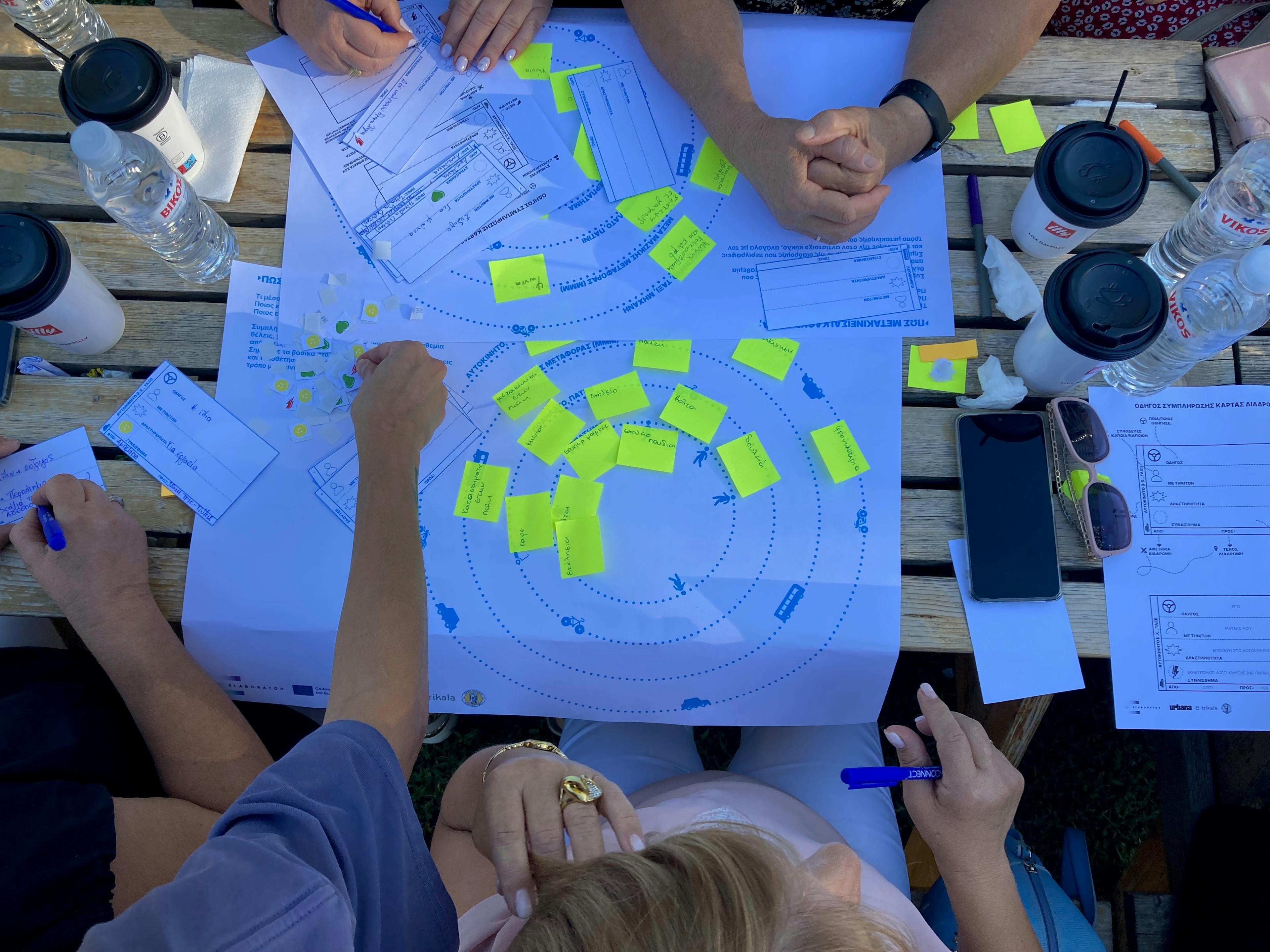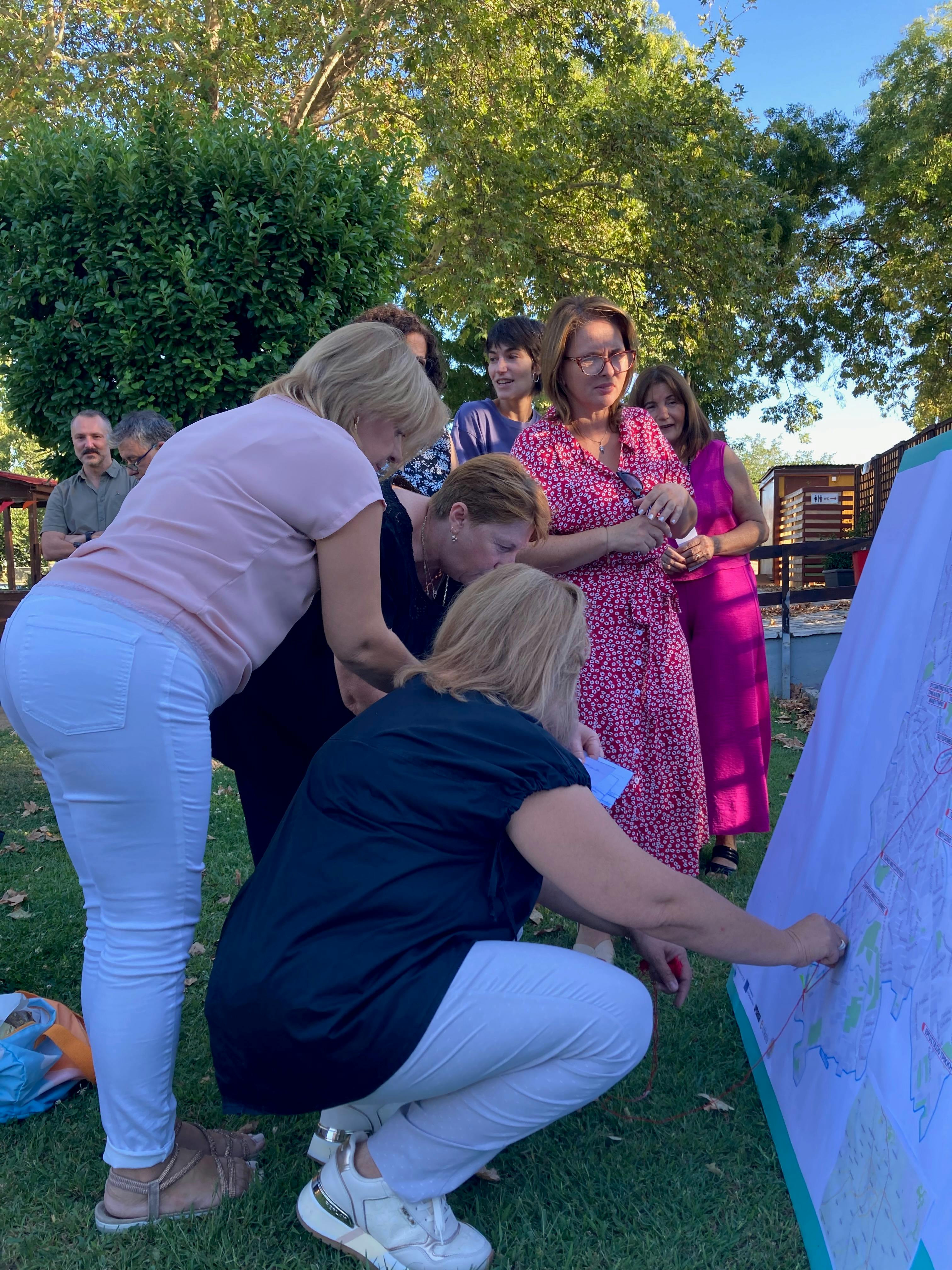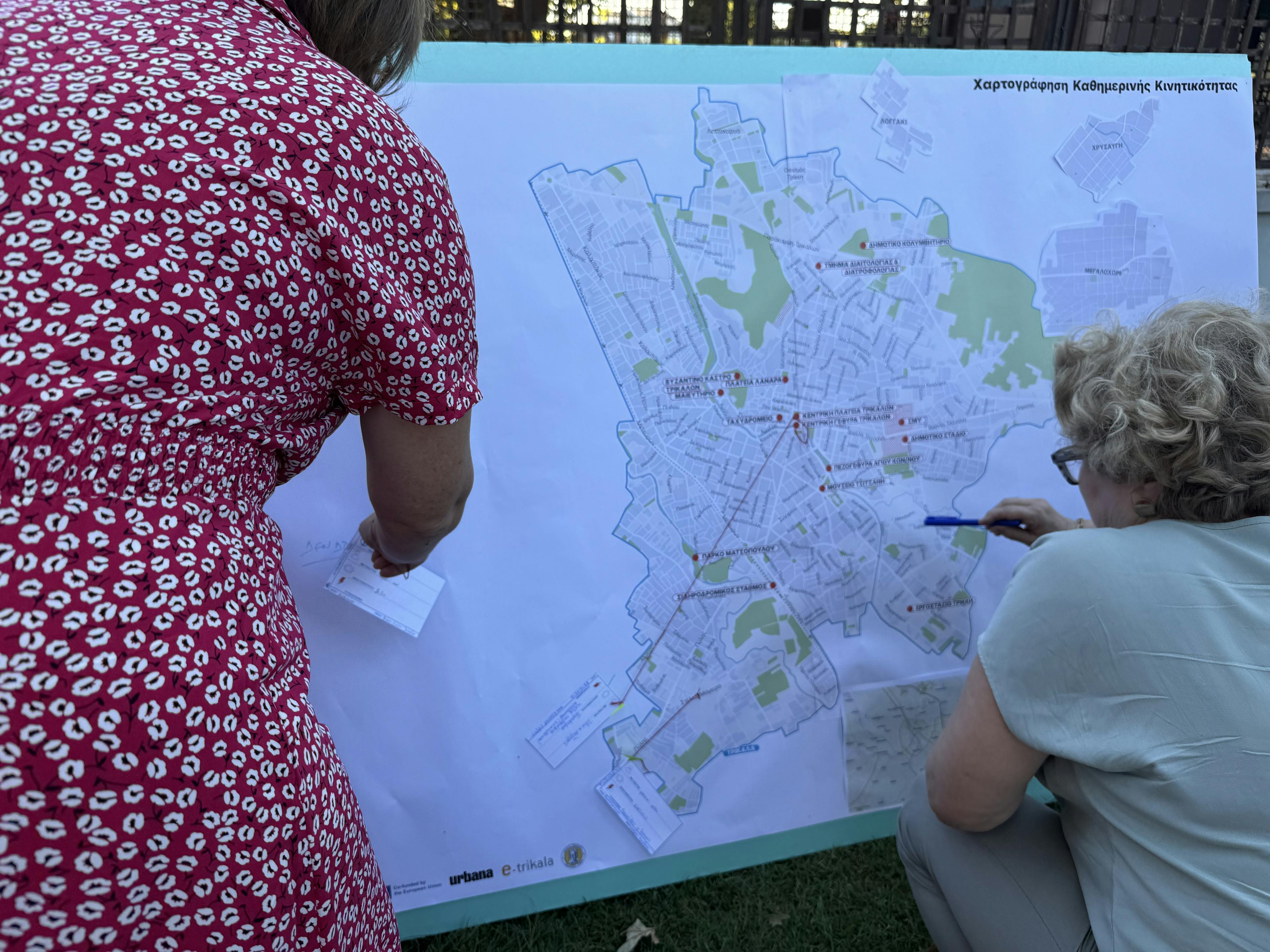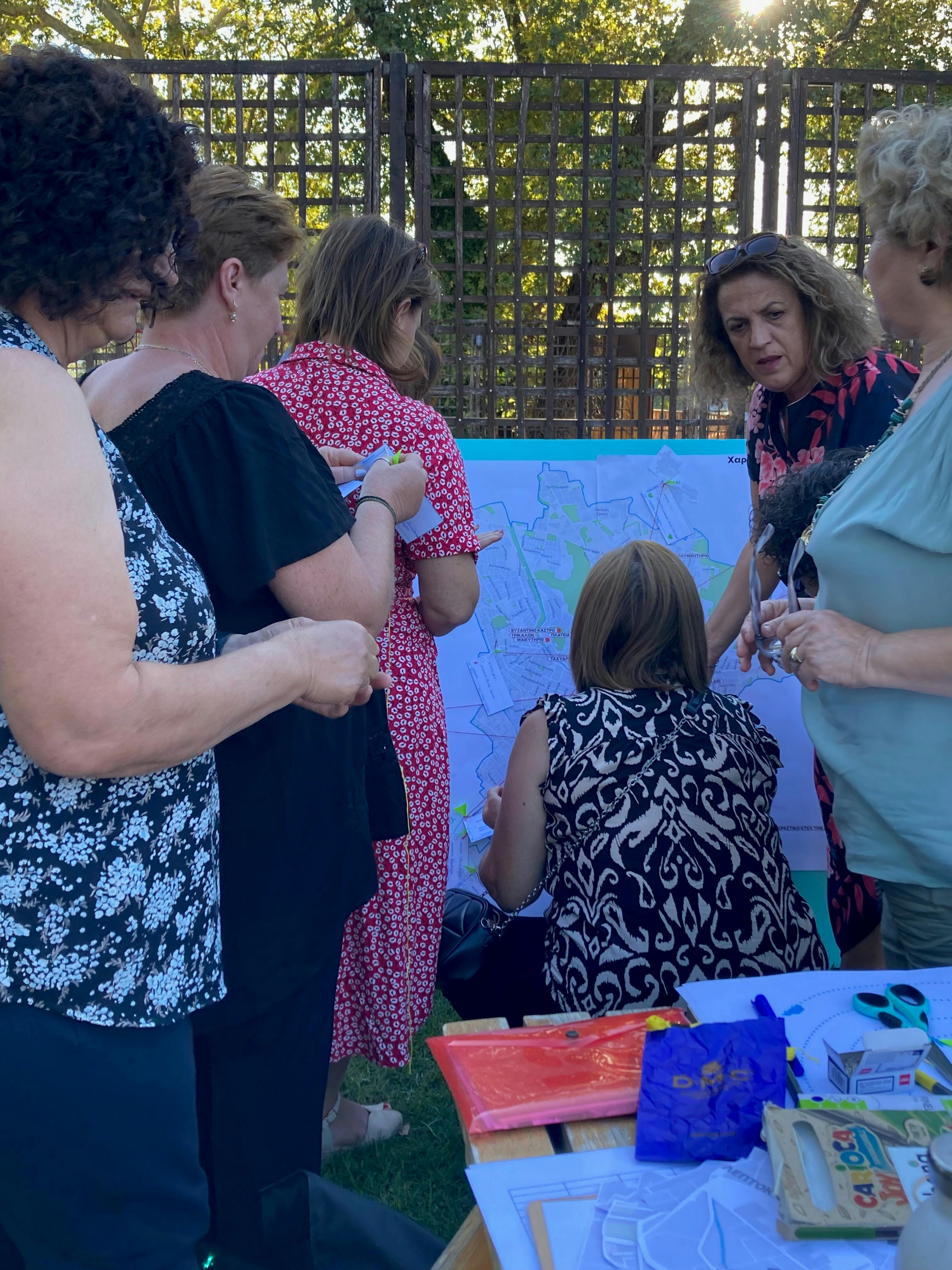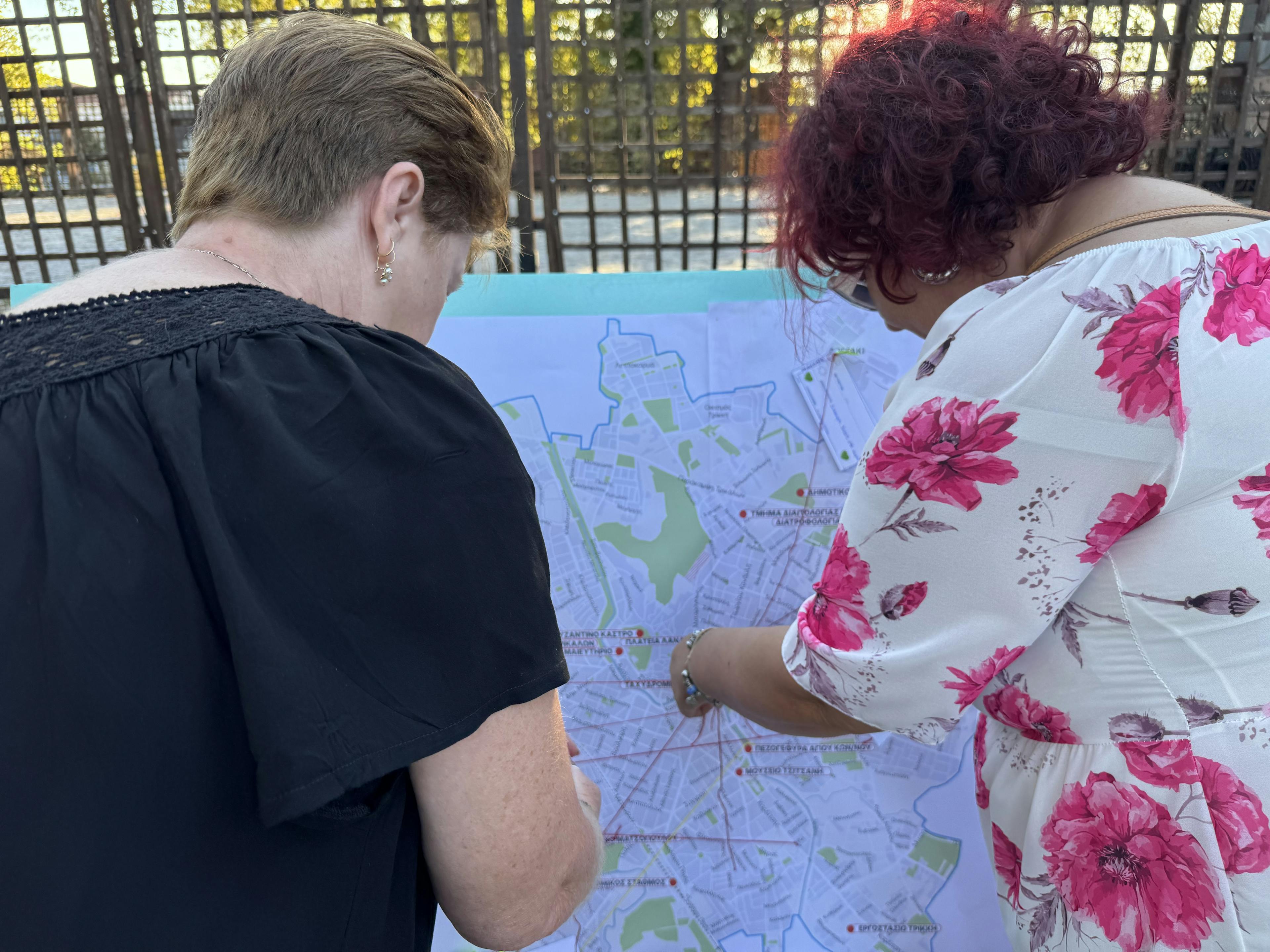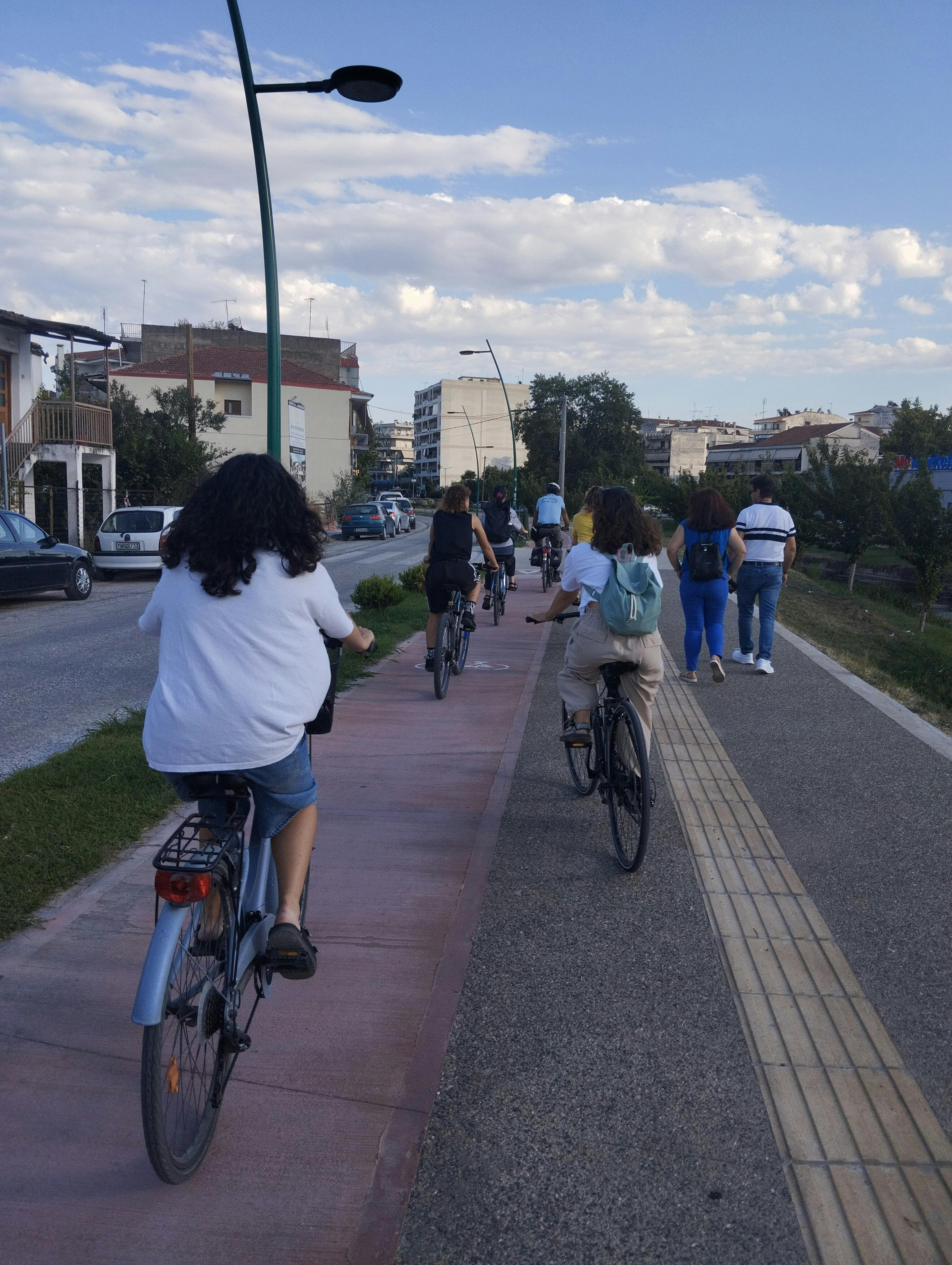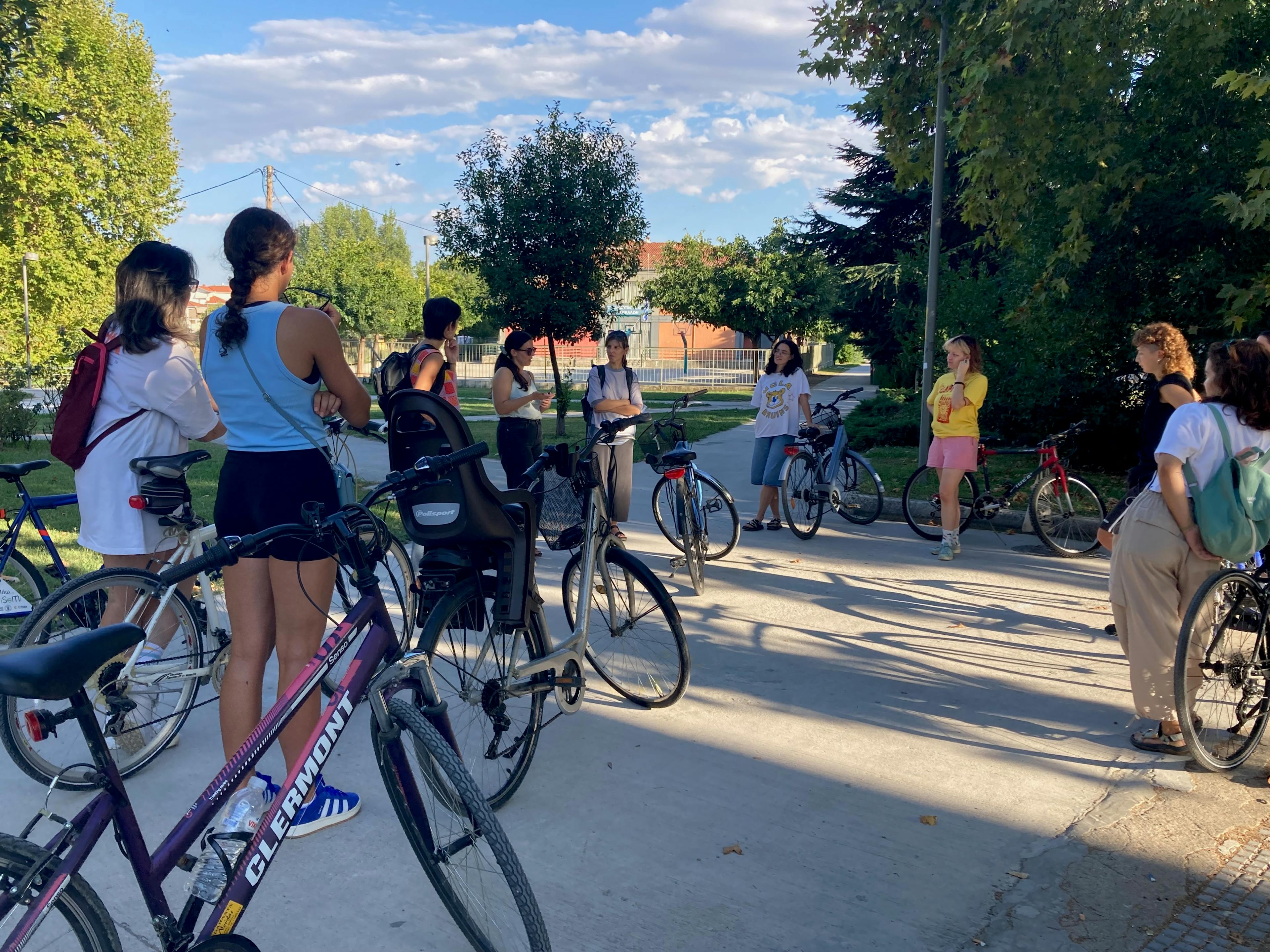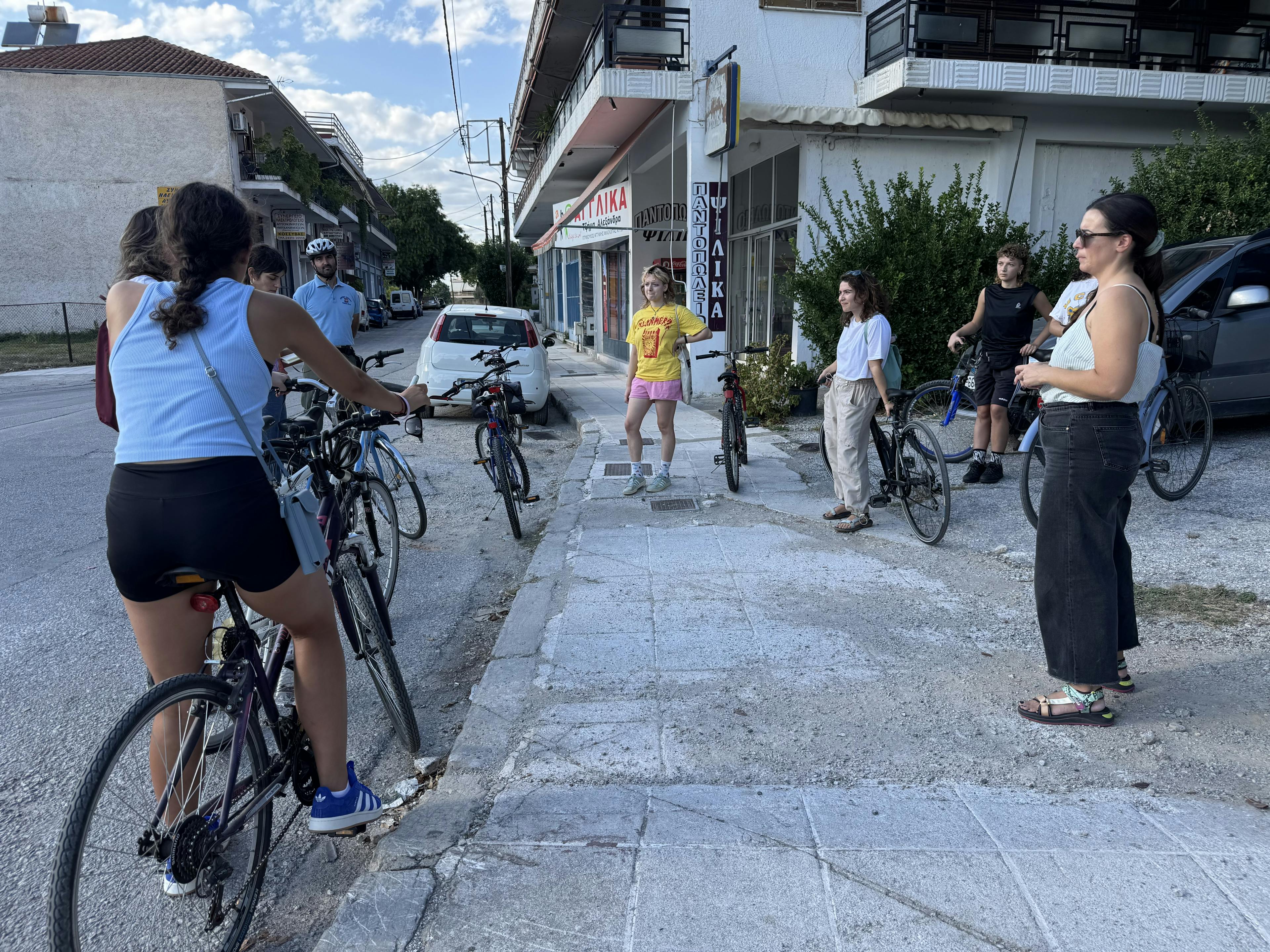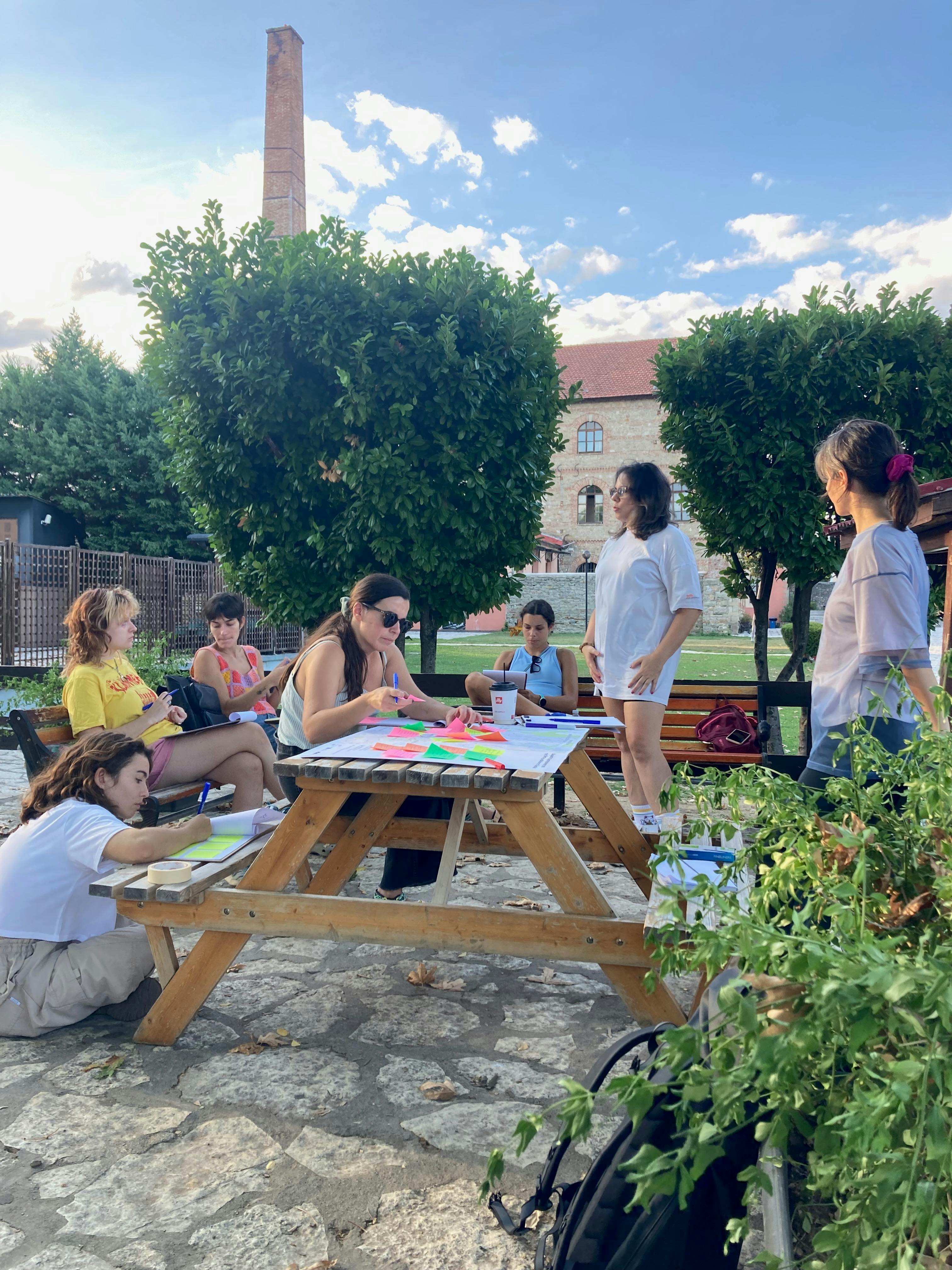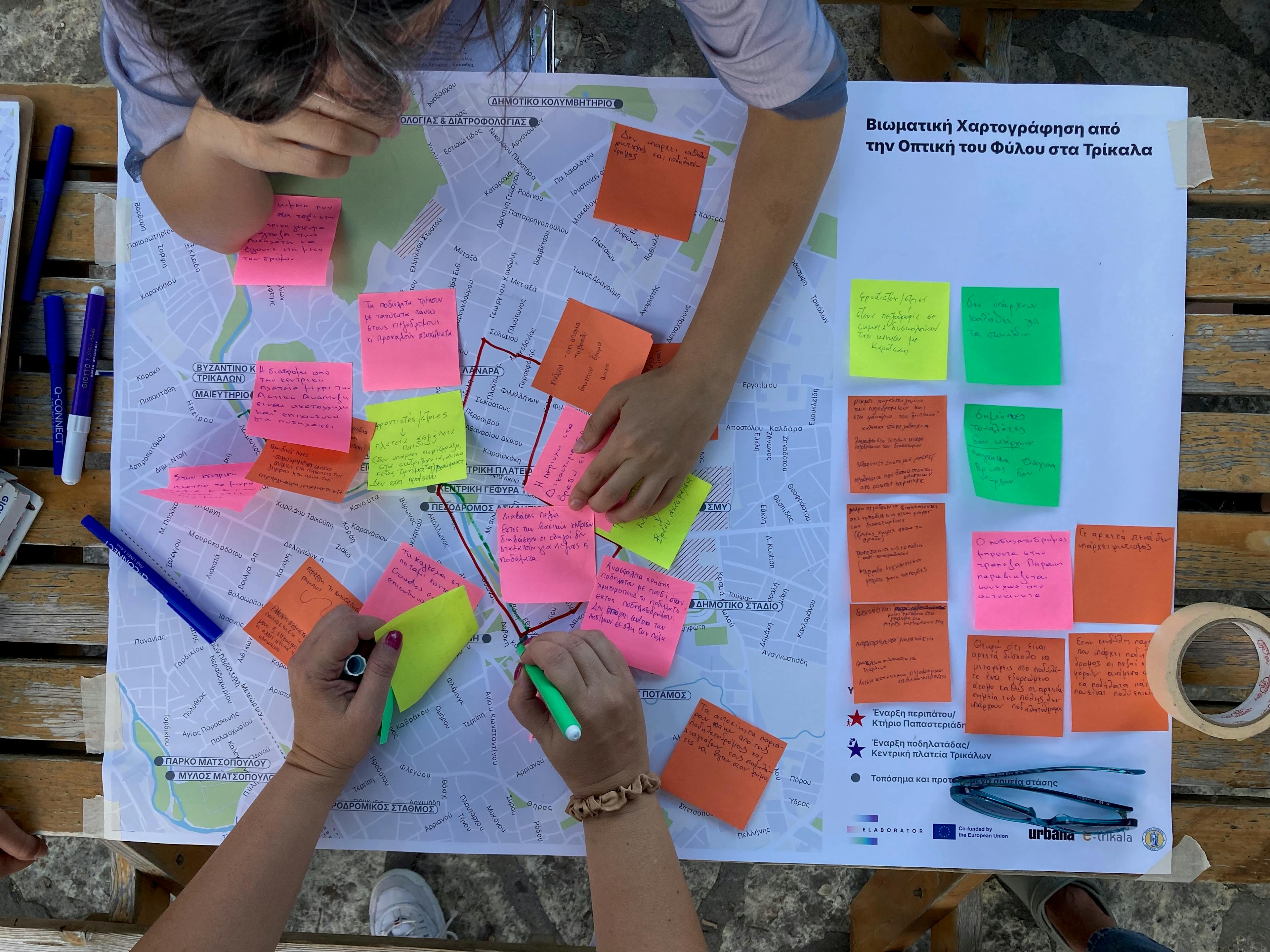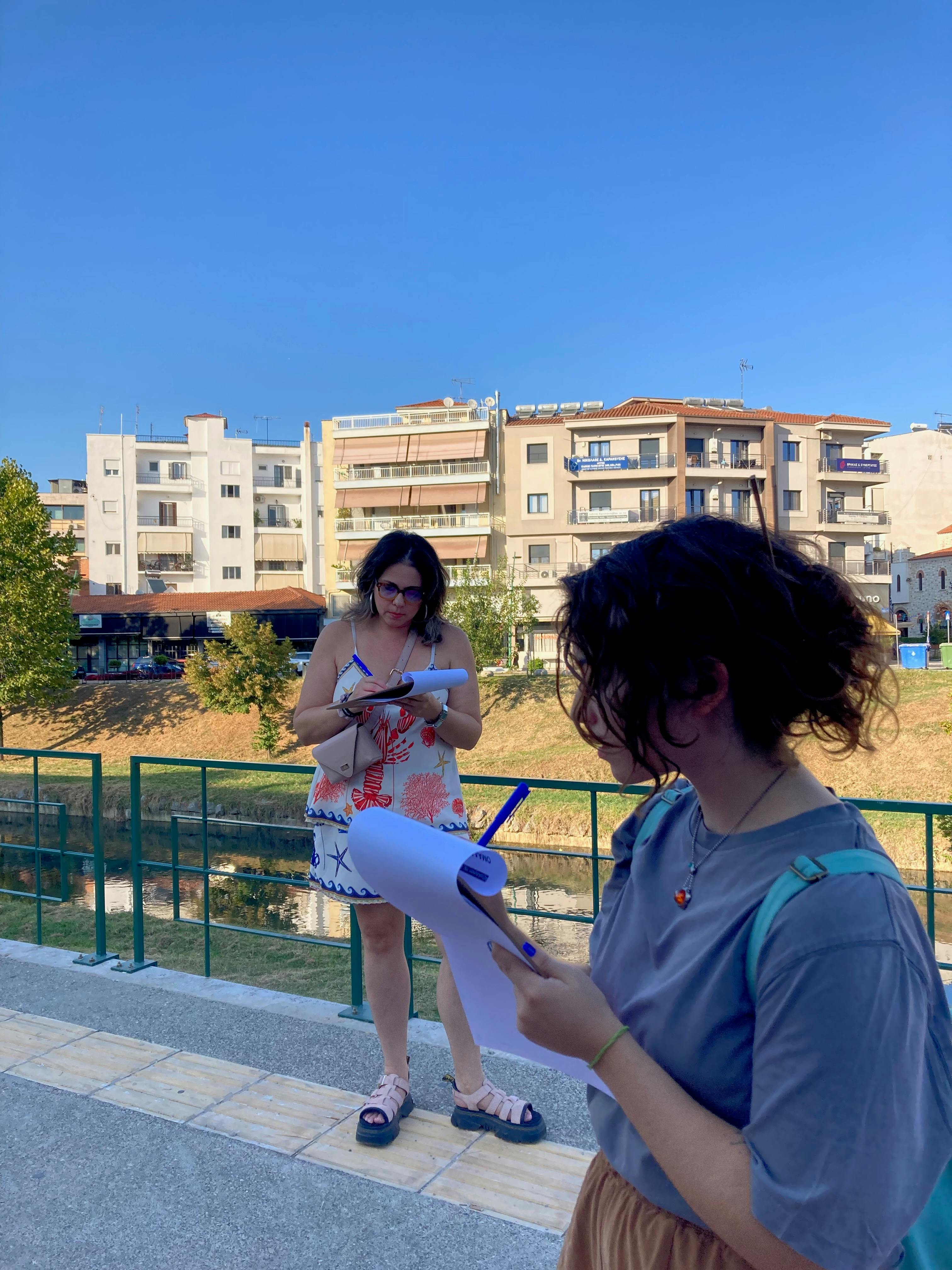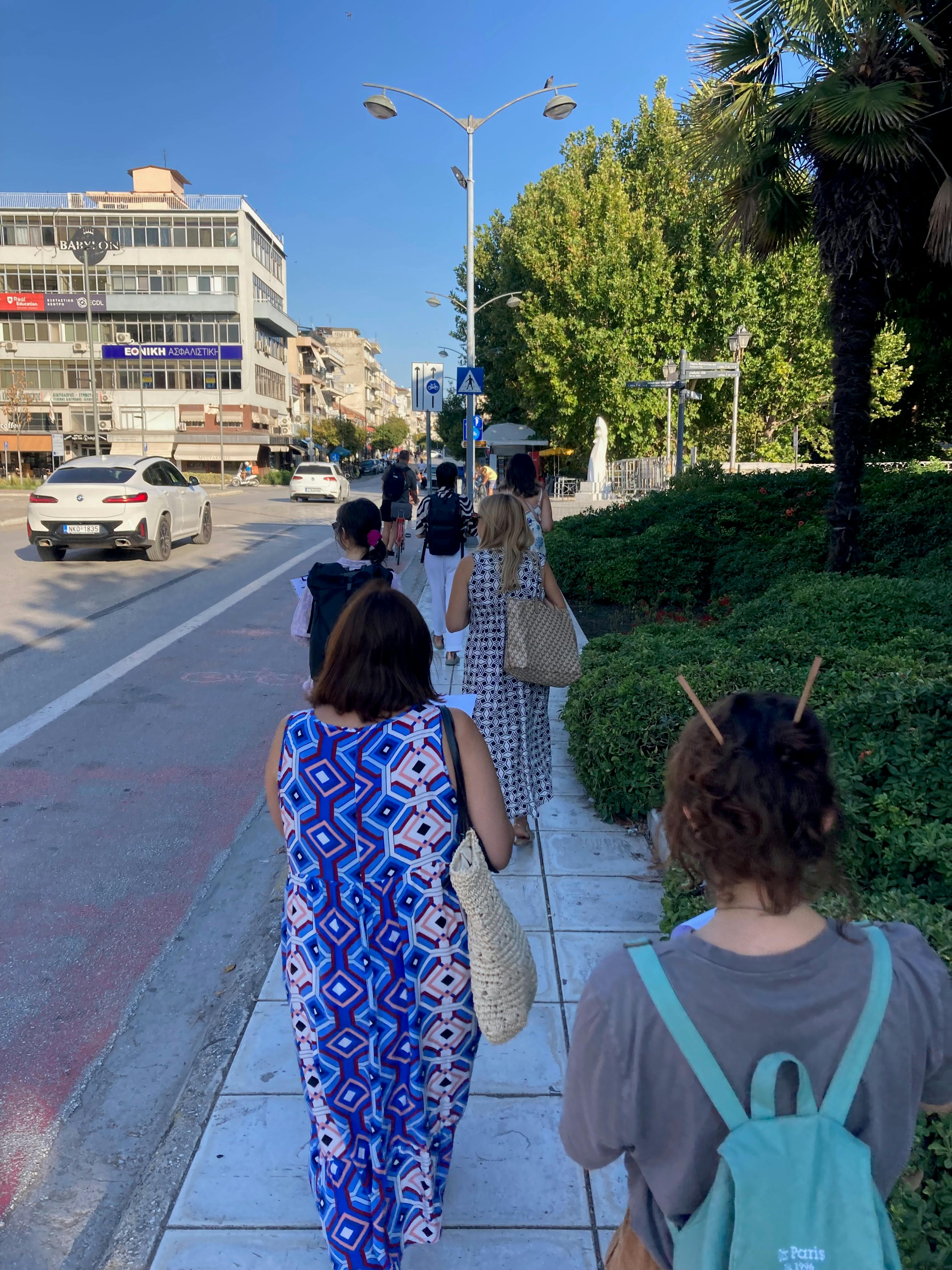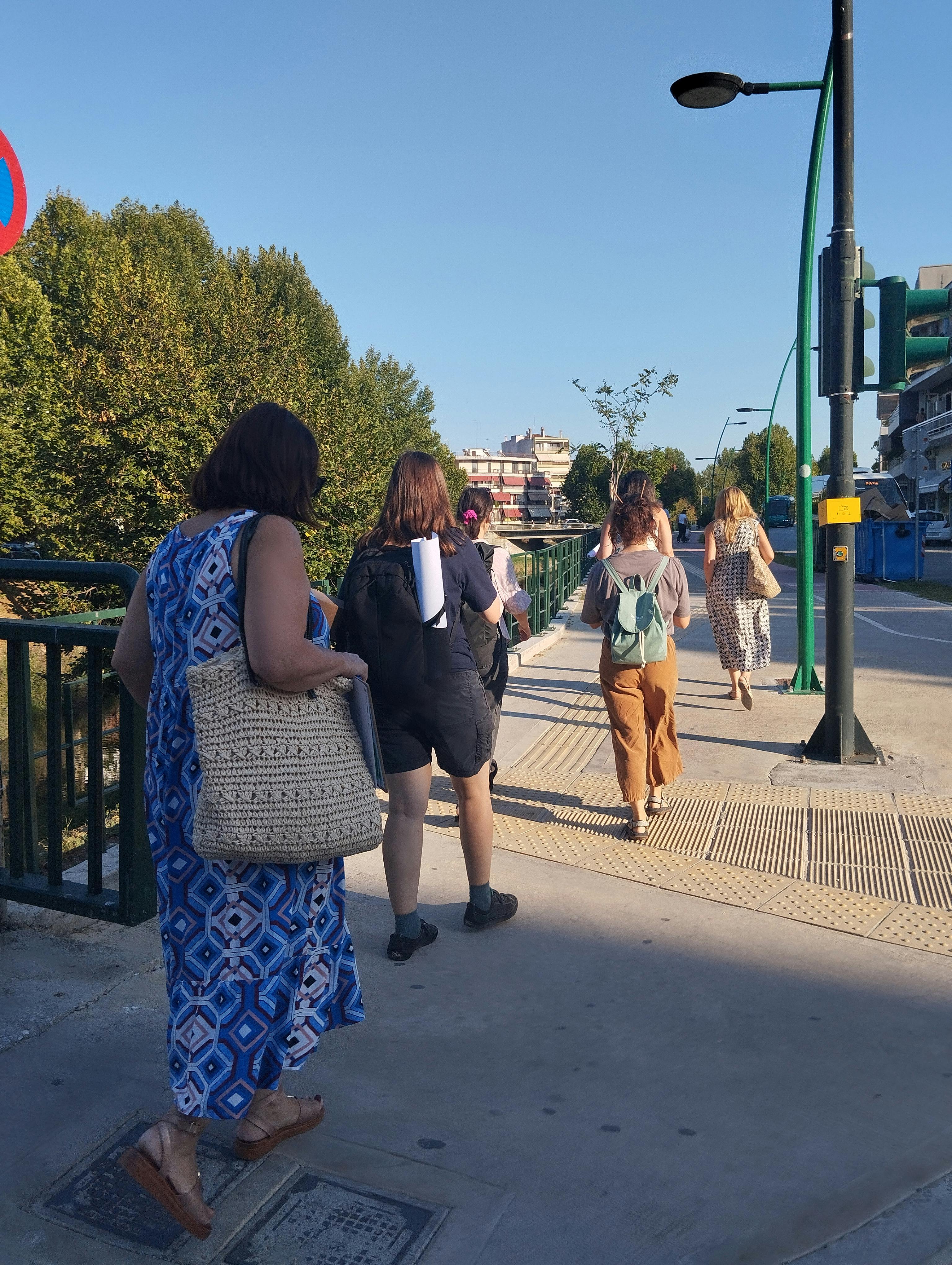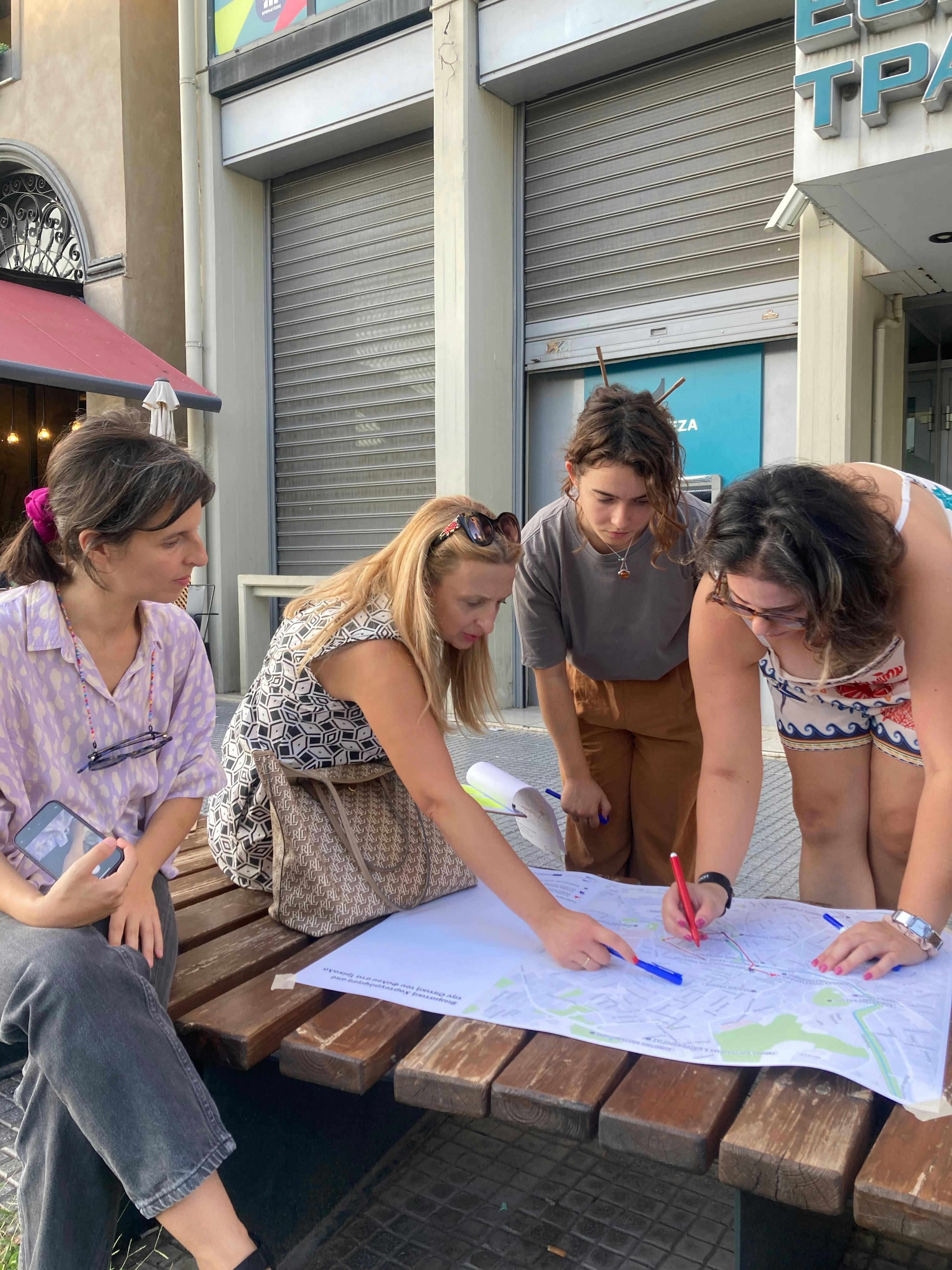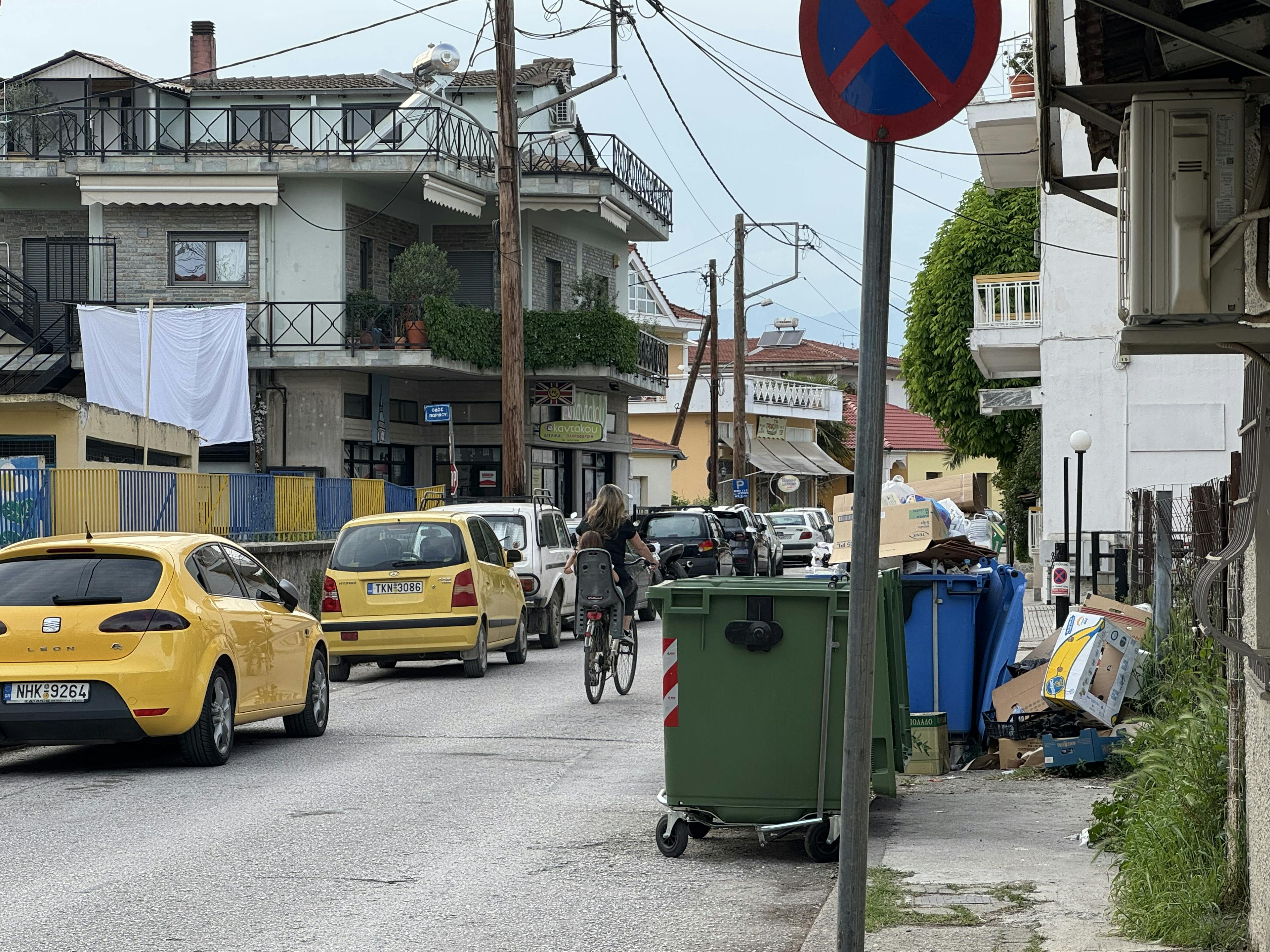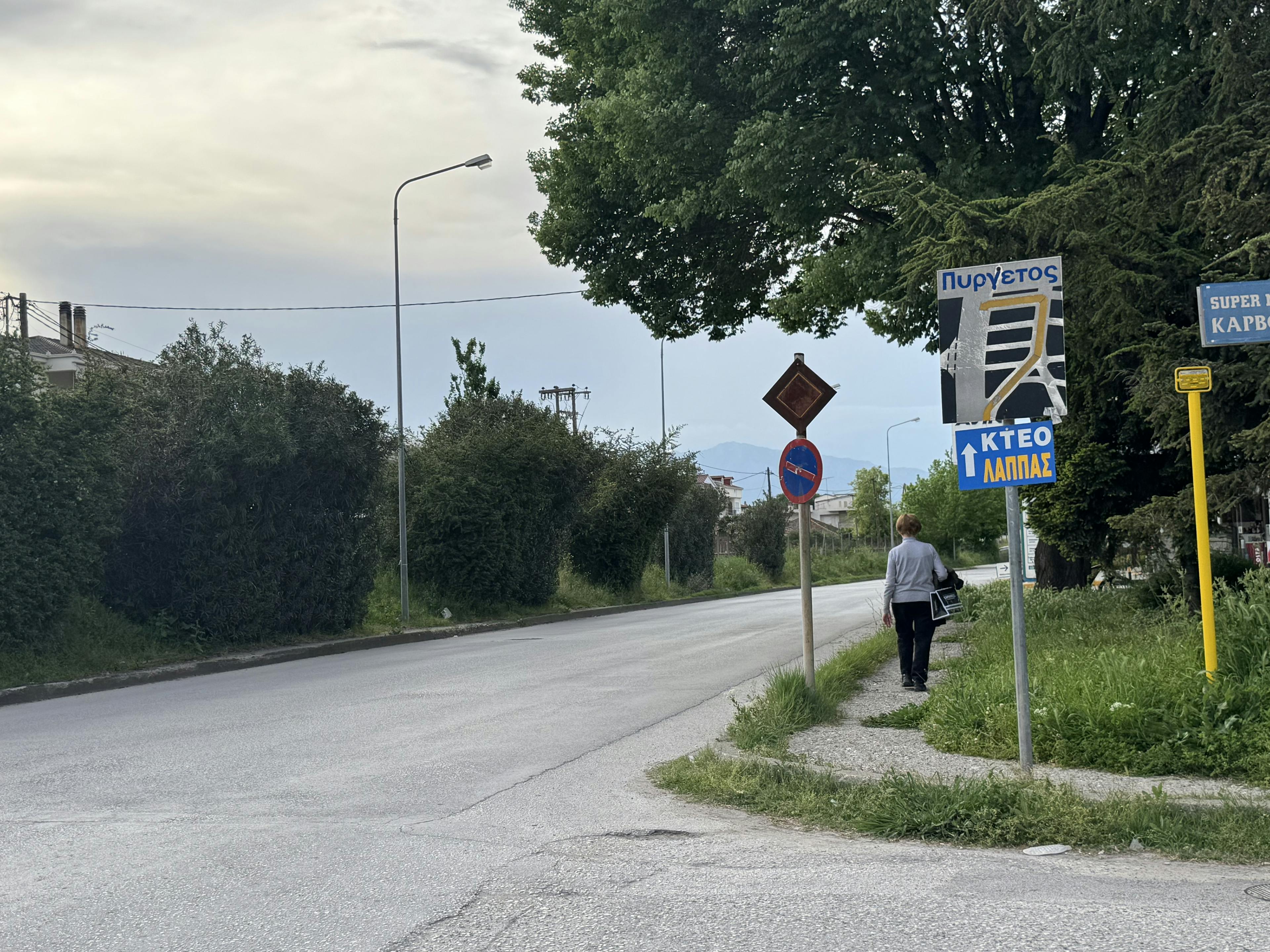ELABORATOR
How do we design sustainable urban mobility that is inclusive, safe and affordable as we move towards the realisation of European climate neutral cities? Do we all move in the same way and with the same means of transport? What are people's needs and how can these be reconciled with green policies to reduce urban pollutants?
By setting new horizons for the way we move in cities, the new European Elaborator project puts the (re)design of urban mobility at the heart of urban planning. People's mobility is different. Factors such as people's daily needs, their gender, their economic status, their citizenship, the tasks or care work they do in public spaces, their age and their health status all influence their daily movements.
Effective mobility planning in the city means that it serves the needs and desires of all its residents and visitors in a comprehensive way.
The interventions will be demonstrated in 6 Lighthouse and 6 Follower cities across Europe with three principal aims:
i) to collect, assess and analyse user needs and requirements towards a safe and inclusive mobility and climate-neutral cities,
ii) to collect and share rich information sets made of real data, traces from dedicated toolkits, users’ and stakeholders’ opinions among the cities, so as to increase the take up of the innovations via a twinning approach, and
iii) to generate detailed guidelines, policies, future roadmap and built capacity for service providers, planning authorities and urban designers for the optimum integration of such inclusive and safe mobility interventions into Sustainable Urban Mobility Plans (SUMPs).
The Lighthouse cities are: Milan (Italy), Copenhagen (Denmark), Helsinki (Finland), Issy-les-Moulineaux (France), Zaragoza (Spain), and Trikala (Greece).
The Follower cities are: Lund (Sweden), Liberec (Czech Republic), Velejne (Slovenia), Ioannina (Greece), Split (Croatia), and Krusevac (Serbia).
URBANA has developed the D2.1 Inclusion Plan, a key reference for the inclusive design and implementation of mobility interventions across all project cities (Lighthouse and Follower). In parallel, URBANA – together with Linköping University (Sweden) - has conducted workshops with participating municipalities, introducing a gender perspective in everyday urban mobility. These workshops aim to support cities in creating more inclusive, safe, environmentally and economically sustainable mobility systems.
In Greece, URBANA is leading the co-design of participatory and inclusive interventions in the pilot city of Trikala.
Insights on Women’s Mobility in Trikala:
In partnership with e-Trikala S.A. (Municipality of Trikala), a set of 2 questionnaire-based surveys was conducted to better understand the challenges women face in their daily movements, both within the city and between Trikala and surrounding rural areas.
The surveys highlighted significant barriers affecting women’s mobility in the city:
- 48% of trips are related to caregiving
- 88% of women providing care do not use public transportation
- 61% alter their routes due to feelings of insecurity
- 82% of women in rural areas do not use bicycles
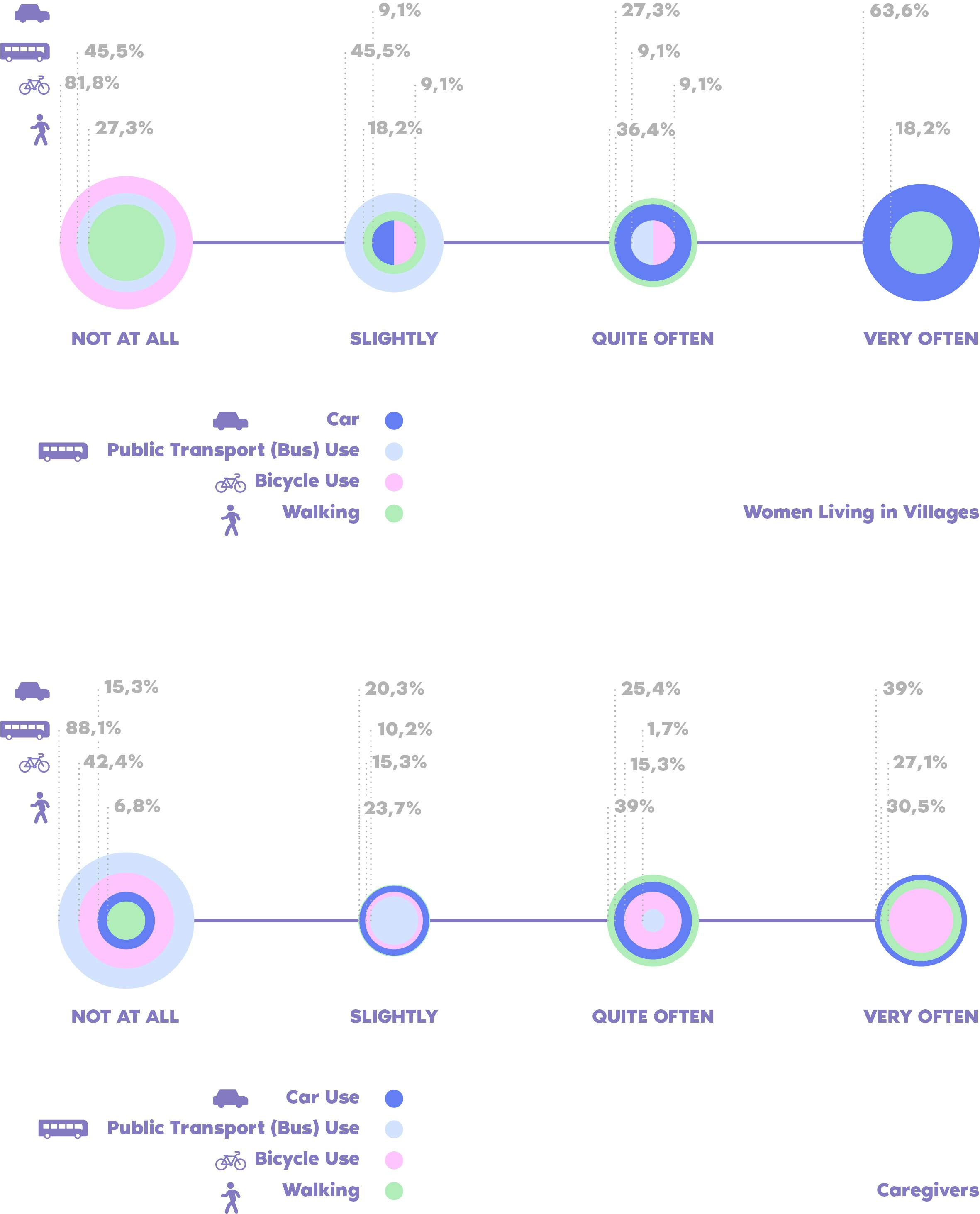
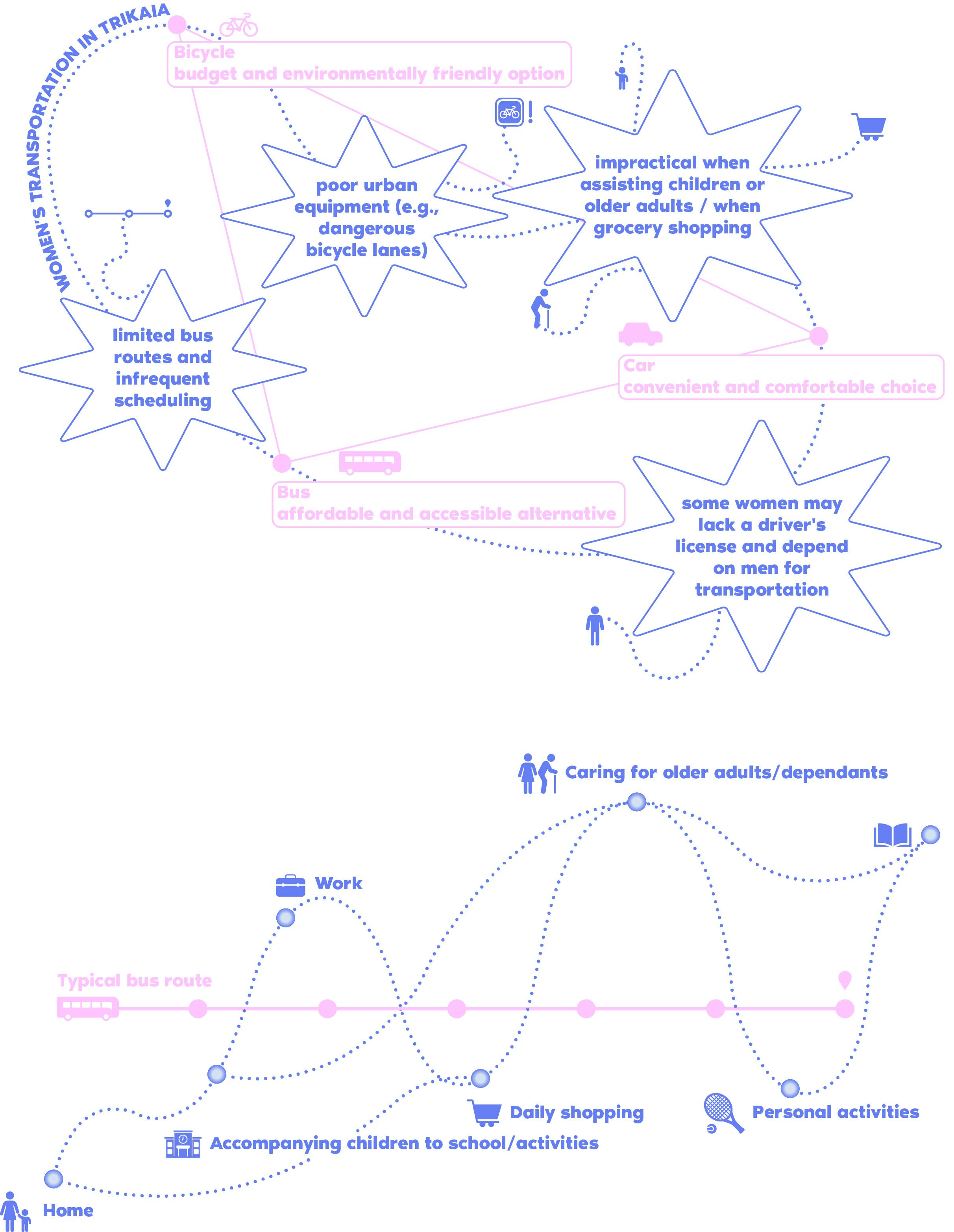
Read the Key Findings of the surveys and the Inclusion Plan drafted for Deliverable D2.1.
Insights from Participatory Workshops
Building on these findings, URBANA and e-Trikala S.A. recently co-organised 4 participatory workshops with women from Trikala, its villages, and suburbs. Through exploratory walks, cycling tours, and collective mapping exercises, participants shared their lived experiences and envisioned safer, more inclusive mobility futures.
The workshops concluded with a dialogue session involving municipal stakeholders, where participants’ perspectives informed discussions on priorities for more inclusive mobility strategies.
These sessions highlighted the value of designing mobility through women’s lived experiences - ensuring cities are not only sustainable and climate neutral, but also caring and inclusive.
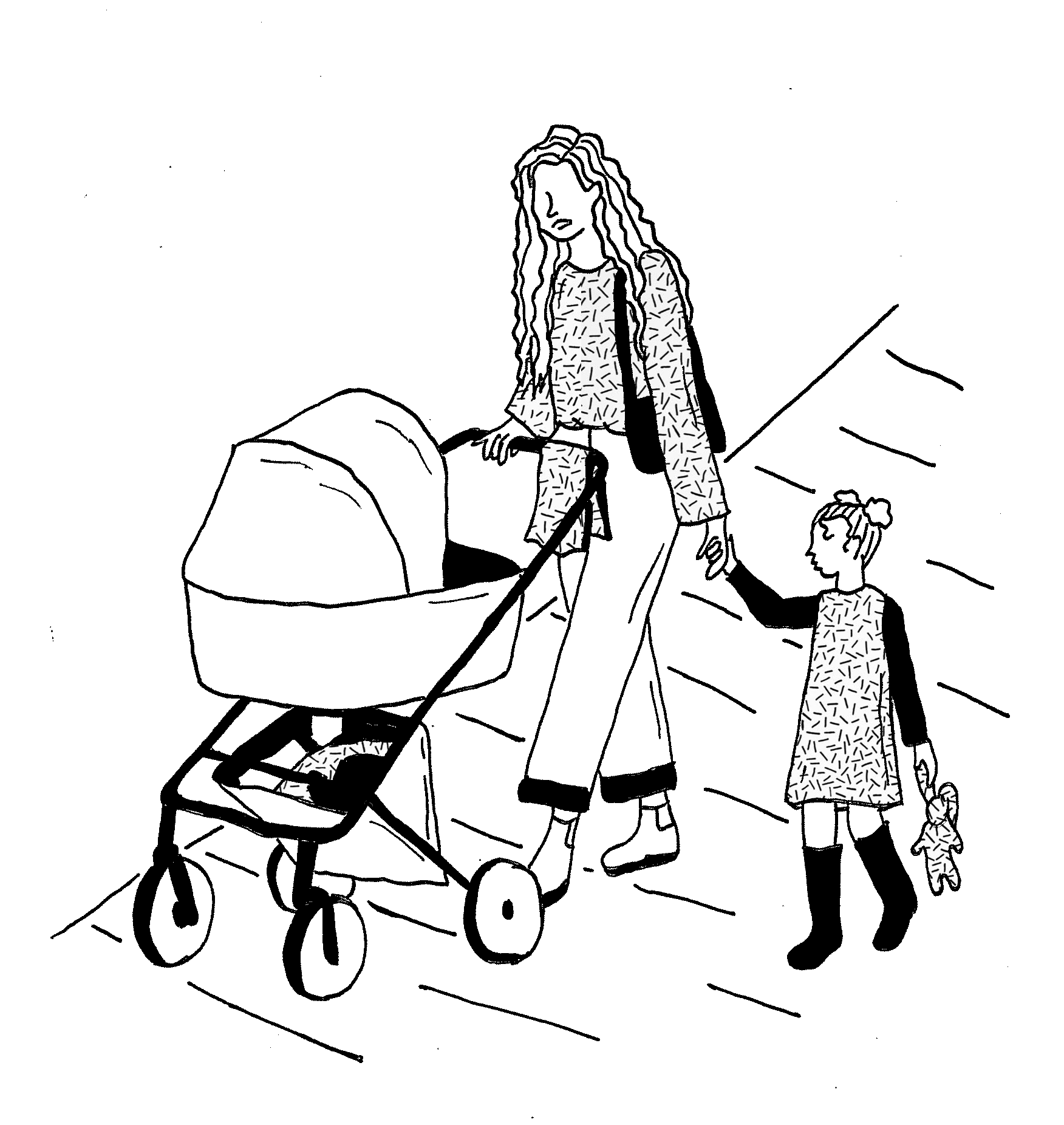
Next Steps
URBANA is now using the survey and workshop findings to design participatory workshops with women and local stakeholders, co-creating mobility policies that address the realities and needs of everyday life. These activities will continue in Trikala and expand to other Greek pilot cities.
If you live in Trikala and would like to participate, please contact us to learn more about upcoming activities.
Want to keep up with the latest news? Stay informed by visiting ELABORATOR’s website and following the project on Twitter and LinkedIn!
Period: June 2023 – December 2026
The project is a Horizon Europe research and innovation funding program by the EU, under the Call: HORIZON-MISS-2022-CIT-01 (Research and Innovation actions for support the implementation of the Climate Mission) neutral and Smart Cities (GA ID: 101103772).
